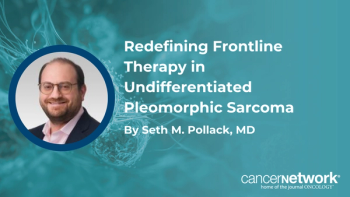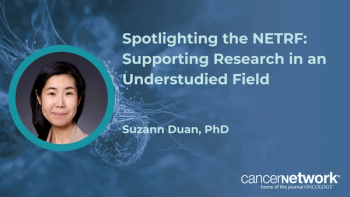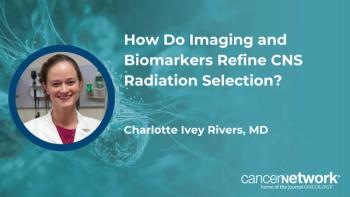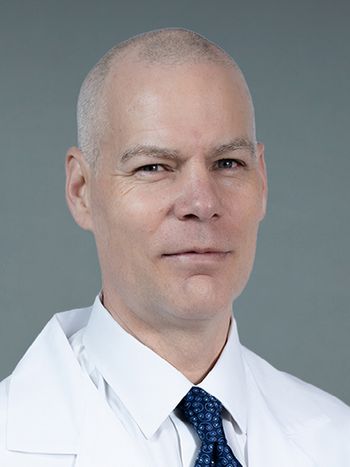
FDA Approves Atezolizumab For Adjuvant Treatment of Stage II-IIIA NSCLC
The FDA approved atezolizumab for treatment of stage II to IIIA non–small cell lung cancer following resection and platinum-based chemotherapy.
The FDA approved atezolizumab (Tecentriq) as therapy for patients with stage II to IIIA non–small cell lung cancer (NSCLC) following resection and platinum-based therapy in those with tumor PD-L1 expression of 1% or greater as determined by an FDA-approved test.
This decision was based on findings from the phase 3 IMpowere010 (NCT02486718) trial which compared adjuvant atezolizumab versus best supportive care in patients with stage IB to IIIA NSCLC after resection and adjuvant chemotherapy.1
Out of a total of 476 patients in the efficacy analysis with stage II to IIIA disease, the median disease-free survival (DFS) was not reached (95% CI, 36.1-not evaluable [NE]) in the atezolizumab arm compared with 35.3 months (95% CI, 29.0-NE) in the best supportive care arm (HR, 0.66; 95% CI, 0.50-0.88; P = .004).
The recommended dose for this indication is 840 mg every 2 weeks, 1200 mg every 3 weeks, or 1680 mg every 4 weeks up to 1 year, according to the FDA.
This was a randomized (1:1) trial with a total of 1005 patients who had complete tumor resection and cisplatin-based chemotherapy receiving either 1200 mg of atezolizumab every 3 week for 16 cycles or best supportive care.3
Findings for patients with stage IB to IIIA disease showed that the statistically significant boundary for DFS was not crossed in either treatment group. The DFS was NE (95% CI, 36.1-NE) in 507 patients in the atezolizumab arm versus a median of 37.2 months (95% CI, 31.6-NE) in 498 patients treated in the best supportive care arm (HR, 0.81; 95% CI, 0.67-0.99; P = .04). In this group, the DFS rate was 71.4% in the atezolizumab arm and 63.6% in the best supportive care arm after 2-years. At 3-years, the DFS rates were 57.9% and 52.6% in the atezolizumab and best supportive care arms, respectively.
Grade 5 treatment-related adverse effects occurred in 0.8% of patients in the atezolizumab arm and 0% in the best supportive care arm. Additionally, 18.2% of patients in the atezolizumab arm withdrew from treatment versus no patients in the best supportive care group.
Previously,
The FDA also approved the VENTANA PD-L1 (SP263) Assay as a companion diagnostic to help select patients with NSCLC for adjuvant treatment with atezolizumab.
References
- FDA approves atezolizumab as adjuvant treatment for non–small cell lung cancer. News Release. FDA. October 15, 2021. Accessed October 15, 2021.
https://bit.ly/2YVmSss - FDA grants priority review to Genentech’s Tecentriq as adjuvant treatment for certain people with early non-small cell lung cancer. News Release. Genentech, a member of the Roche Group. August 3, 2021. Accessed October 15, 2021.
https://bwnews.pr/3iiHG4E - Wakelee HA, Altorki NK, Zhou C, et al. IMpower010: Primary results of a phase III global study of atezolizumab versus best supportive care after adjuvant chemotherapy in resected stage IB-IIIA non-small cell lung cancer (NSCLC). J Clin Oncol. 2021;39(suppl 15):8500. doi:10.1200/JCO.2021.39.15_suppl.8500
Newsletter
Stay up to date on recent advances in the multidisciplinary approach to cancer.












































